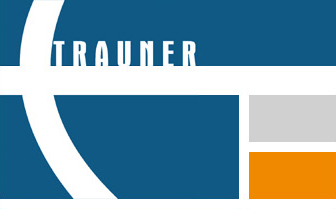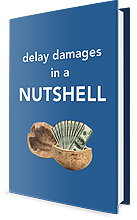How To Document The Pre-construction Phase Of A Project
In order to understand how pre-construction really unfolds, we have to document it. It is particularly important in a situation where you don’t have a clear bid date. On many public projects bid on a lump sum basis, there is something magical about getting beyond the bid date. Once you get beyond the bid date, some believe the only thing that really matters is that number and the contract that we sign. But on many projects, like projects with GMPs or negotiated prices, the events that occurred prior to the start of construction can have as much importance as the events that happened after the start of construction.
There is not necessarily anything super important about the bid date. It is just another event in a long series of events that leads to the successful completion of the project. This early phase, when we don’t even have a real project in hand, is still a time when we need to be preparing our documentation and recording what is happening on the project. That is true of the contractor, the owner, and the design consultant. Frankly, everything I say here applies to not only construction projects, but the design portion because that is very project oriented and it has its own documentation demands.
Here’s an example of documentation that contractors may want to consider during the pre-bid phase. What are my observations and assumptions that go into:
- My bid
- My price
- My plan for executing the work.
This may even accompany a submission of a price on a GMP contract. It is quite common on a GMP contract for there to be a list of exclusions or a list of assumptions that go along with the price. They can be as important as the price. So, documentation can be quite important. Again, no news there, but it is important to document the assumptions and exclusions that we have factored into our bid.
It is particularly important during the value engineering process to have good documentation. Value engineering is in some ways like negotiating the scope and price of the work. It’s not strictly a negotiation. It is a technical evaluation as well. But even on a hard bid project in the public sector, there is the possibility of value engineering occurring. And there are very strict requirements regarding documentation for value engineering used in that regard.
The other thing about value engineering is that choices are being made. These choices may affect the long term performance and functioning of the project or its durability. This is something that needs to be well documented to be sure that all parties are on the same page as to what is being agreed to.
You might also want to keep track of what assumptions you are making with regard to things like inclement weather. We all expect the weather to be bad. I don’t know how you spent your winter, but I was in Philadelphia and it was pretty miserable. There is not much construction going on during miserable days like we’ve experienced over the last few winters. So, obviously, weather can have an effect on the performance of the work. We definitely want to make sure that our assumptions are clearly identified as it relates to weather.
There may also be a need to keep track of information about decisions that have been made either by estimators, design consultants, or the owner in terms of how to proceed with the work or how to deal with problems that they anticipate encountering. The information that we accumulate during the pre-construction phase ends up being the documentation that supports the basis for our plans and our pricing going forward. Ultimately, that is the most important aspect of the pre-construction documentation.
Scott Lowe is a Principal of TRAUNER and is an expert in the areas of critical path method scheduling, construction claim preparation and evaluation, and specification writing. He can be reached at scott.lowe@traunerconsulting.com.
If you liked this article, be sure to sign up on the left side of our website to receive our Ideas & Insights in your email. Be sure to check your email after signing up!

